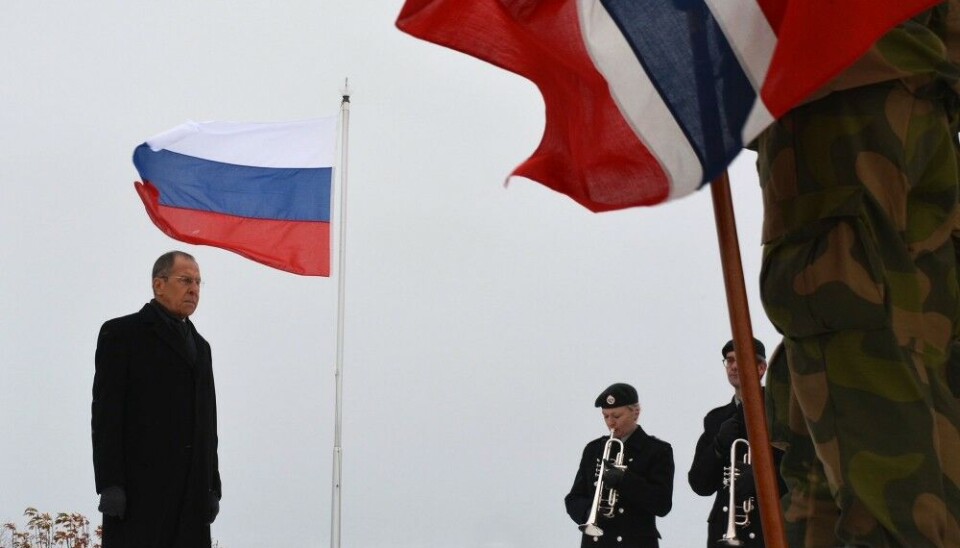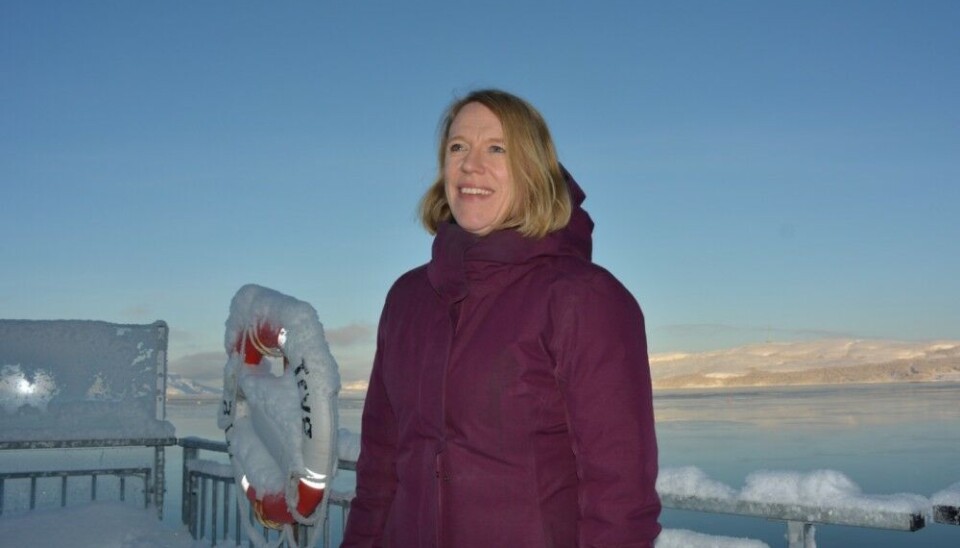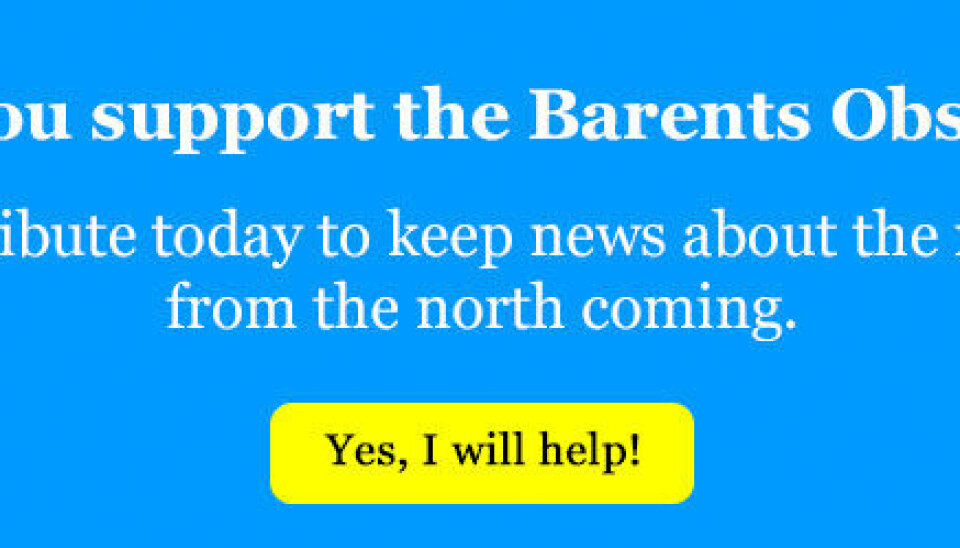
Lavrov: fate of Arctic Council is at stake
As Russia handed the rotating two-year presidency of the Council to Norway, Foreign Minister Sergei Lavrov underlined that the expulsion of his country had been made on "false grounds" and that the future of the Arctic club now is at risk.
It was supposed to be a grand finale of a two-year presidency with foreign ministers from all Arctic countries meeting in Salekhard, northern Russia.
Instead, Russia’s lead of the Arctic Council ended with a muted online session between senior officials.
The ceremony was accompanied by a bitter statement from Foreign Minister Sergei Lavrov.
According to the 73 year old diplomat that has been in office since 2004, the expulsion of Russia from the council had been made on an “absolutely false pretext.”
“We consider it a politicised and counter-productive step by our western colleagues, that will lead to the undermining of the collective approach of responsible management of the Arctic.”
At the same time, Lavrov argues that the situation in Ukraine actually was “provoked by the western countries themselves.”
Unless the countries find common ground, the future of the Arctic Council will be at stake, the foreign minister says.
“We believe that further efficient operations - yes, the very fate of the Arctic Council as such - will depend on whether we will manage to jointly find opportunities for a continued civilised dialogue in the interest of the preservation of the Arctic as a territory of peace, stability and constructive cooperation.”
The statements of Sergei Lavrov come only about a month after Russia revised its foreign policy strategy. Included in the the updated document are significant changes also with regard to the Arctic.
Unlike the former version from 2016, the strategy document no longer includes any mention of the Arctic Council. Instead, there is a higher stress on conflict issues. According to the document, foreign powers are actively encroaching on Russian sovereignty in the region.
A priority for Russia is to “neutralize unfriendly countries’ militaristic policy in the region and their suppression of Russia’s possibilities to develop its own sovereign rights in the Arctic zone of the Russian Federation,” it reads.
The document also includes an invitation to non-Arctic states that have a “constructive policy towards Russia,” and specifically highlights the possibility to take part in the development of the Northern Sea Route.
As international relations in the Arctic reach an unprecedented low, it is Norway that takes over the chair of the Arctic Council.

According to the country’s Foreign Minister Anniken Huitfeldt, the Arctic Council remains a “unique platform for cooperation between the Arctic states and the Arctic indigenous peoples.”
In a statement made in connection with the take-over of the presidency, Huitfeldt outlines a continued role for Russia in the council.
“Political contact with Russia is impossible, but we will continue to relate with the country in an orderly and predictable way in the Arctic Council,” she says.
The four top priorities of the Norwegian presidency are the oceans; climate and environment, sustainable economic development; and people in the North.
Shortly after Russia’s launch of full-scale war against Ukraine on the 24th of February 2022, the formal cooperation in the Arctic Council was put on hold. Projects that do not include Russian participation was resumed in June 2022.















